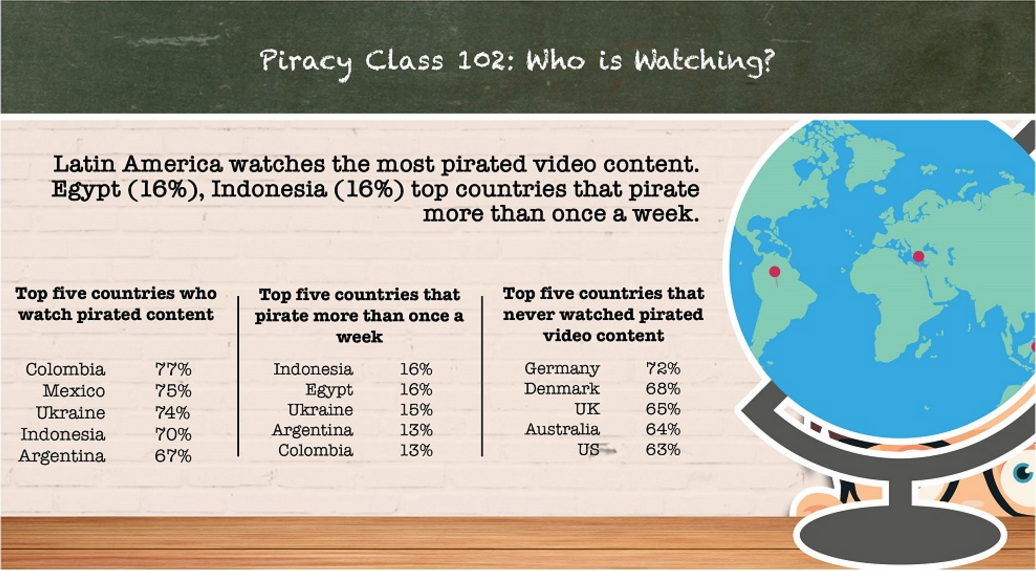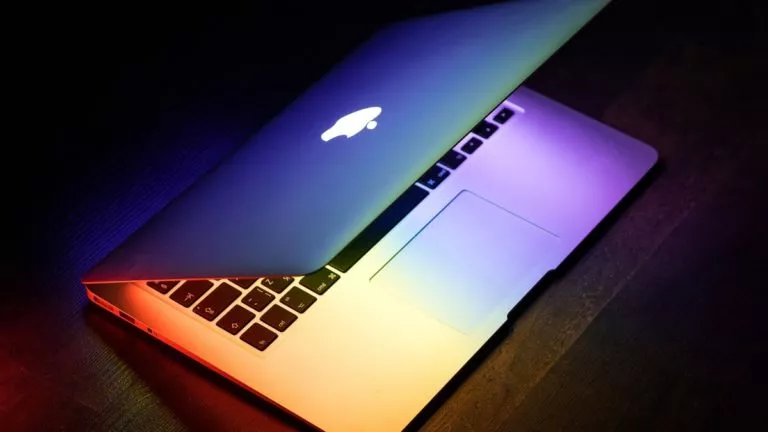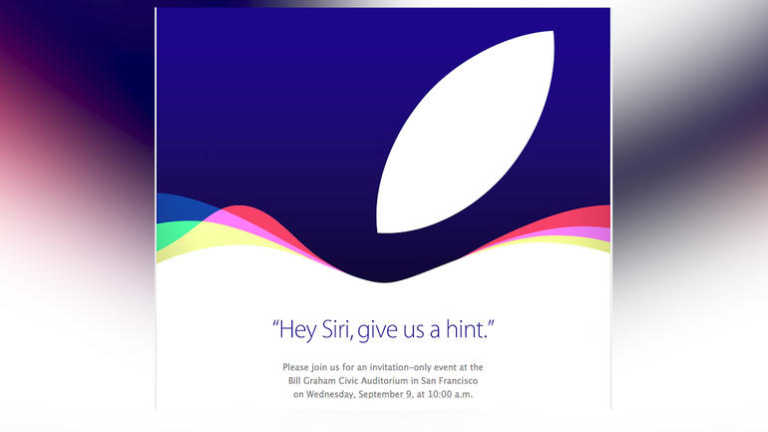50% Of The World Wants To Quit Piracy But Most Of Russia Thinks “It’s Not Illegal”

Short Bytes: According to a global piracy survey report published by Irdeto, almost 52% of the people involved in the survey admitted they watch pirated content. However, 48% also said they would stop piracy if it harms the production studios. Surprisingly, most of the people in Russia consider the creation, distribution, and streaming of pirated content as not illegal.
There has been a lot of talk and concern about the existence of piracy. Organizations across the globe are fighting against piracy. And it is evident in the form of torrent websites dying every other day or companies like Google removing millions of links from their search results. In addition to all of this, a worldwide survey on piracy could be considered to get a rough idea about how people are digesting it.According to a report on global piracy survey published by the digital security firm Irdeto, almost 48% people (who took part in the survey) agree that they would lessen or stop consuming pirated content if it hurts the productions studios. The survey included around 25,000 adults from 30 countries, out of which 52% admitted they consume illegal video content.

Is piracy illegal?
The survey puts light on one of the main points of the piracy debate, whether it’s illegal or not? Obviously, it is illegal.
It says around 70% people consider the creation and distribution of video content as illegal. In the case of streaming or downloading, a lesser number of people (59%) consider it as illegal.
The story is entirely different in the case of Russia, where the numbers are surprising. Almost 87% people, who responded to the survey, consider the production and distribution of the pirated content as not illegal. The percentage in the case of streaming or downloading slightly decreases to 66% people calling it as not illegal.
What is the world watching?
The survey mainly focuses on various types of pirated video content such as live sports, Blu-ray movies, DVD movies, movies running in theaters, originals from services like Netflix, Amazon Prime, etc. The survey shows that the highest 27% of people prefer watching pirated versions of movies currently in cinemas, it’s followed by 21% individuals who prefer watching pirated TV shows.
What can be done?
If you’re a regular reader at Fossbytes, you might be knowing that the lack of proper knowledge is one the reasons why people indulge themselves in piracy.
It is visible from the survey results that many people are open to change. According to Irdeto’s VP of Services Rory O’Connor, the need of the hour is for the industry to make efforts to educate people about the negative impacts of piracy.
Not only the monetary aspect, but the people should be aware of the security threats associated with piracy. Such content can include malicious software intended to steal confidential information from the people.
O’Connor said there are three basic consumer choice elements. They’re content, value, and convenience. These must be addressed with the help of technology to reduce the adoption of pirated content.
As far as convenience is concerned, this is where the production industry has lacked. In fact, their stubbornness to make content readily available has acted like a motivation for piracy. For instance, when the content is restricted on the basis of geographical location or the unnecessary delay in the release of Blu-ray edition of movies after they get out of theaters.
This thing is clearly visible in the case of the US (32%) and Europe (45%), where the overall percentage of people admitting about piracy is quite less. However, the rise of online streaming services can contribute to the reduction of piracy down the line. Companies like Netflix and Amazon have started providing their streaming services in hundreds of countries across the globe.
You read more stats from the survey using this link (pdf).
What your take on piracy? Drop your thoughts and feedback.
Also Read: Who Is A Hacker? Mark Zuckerberg Explains In His Letter From The Past






